
At its core, green chemistry challenges chemists to find creative ways to develop processes and products that are safer for people and the environment. A new learning module is designed to build knowledge of green chemistry and experience with ChemFORWARD’s game-changing online platform and chemical hazard assessment tool, through which users can identify and eliminate chemicals of concern, avoid regrettable substitutions, and design safer products from the outset.
Beyond Benign teamed up with ChemFORWARD to develop the module that will help educators teach students how to use the ChemFORWARD platform. The module, “Use of ChemFORWARD for Chemical Hazard Evaluation and Assessment in Academic Settings,” is now available on the Green Chemistry Teaching and Learning Community (GCTLC). This open-access module can help prepare the future workforce by teaching students how to use hazard evaluation tools to understand and address hazards in chemical design.
“Knowing how and where to find credible hazard data for chemicals is an essential component to empowering current and future scientists to understand how to implement sustainability into the chemical sciences,” Beyond Benign Co-Founder Amy Cannon says.
The inspiration for this work began with a Forsythia Foundation grant to Habitable (formerly Healthy Building Network) to support Beyond Benign and ChemFORWARD to develop a green chemistry curriculum that leverages Habitable’s Pharos chemical hazards database combined with ChemFORWARD’s safer alternatives. “Pharos has long been a trusted source of chemical hazards data,” says Gina Ciganik, CEO of Habitable. “It was a perfect opportunity to bring these resources together with Beyond Benign’s expertise to design high-quality educational materials to empower the next generation of chemists.”
To celebrate the module’s release, Beyond Benign caught up with four community members who collaborated to bring it to life. The team included two higher education professors from Green Chemistry Commitment signing institutions, Cynthia Woodbridge and Mark Mason, who served as educational content developers, creating curriculum materials for using the ChemFORWARD platform in academic settings. The team also included two representatives from ChemFORWARD, Heather McKenney and Gabrielle Rigutto, who provided expertise on using the ChemFORWARD platform to the educators as they developed the module. Continue reading to hear from these leaders who share a bit about the module’s design as a hands-on teaching tool.
First, please tell us a little bit about yourself and your connection to green chemistry!
Cynthia Woodbridge, Professor of Chemistry, Georgia Gwinnett College: By training, I am a physical chemist with specialties in materials and computational chemistry. I’ve earned certificates in Sustainability and Green Chemistry since my PhD and have been involved with green chemistry and Beyond Benign since 2016. I started out learning about it and wanted to learn more, so I just kept going.
Mark Mason, Professor of Chemistry, University of Toledo: I started my faculty career at the University of Louisville in 1993 and later moved to the University of Toledo. My research interests focus on inorganic and organometallic chemistry with a strong interest in catalysis. My teaching interests have included undergraduate courses in general chemistry, inorganic chemistry, and green chemistry, as well as graduate courses in physical inorganic, main group chemistry, organometallics, and homogeneous and heterogeneous catalysis. Through my teaching and research endeavors in the late 1990s, I became aware of the principles of green chemistry and green engineering, and those interests really took off during a collaborative project with colleagues on the hydroformylation of alkenes in supercritical carbon dioxide. My interests and fate eventually led to the formation of the School of Green Chemistry and Engineering at the University of Toledo in 2011, for which I serve as Director, and the development of a course on green chemistry in 2013. I have taught the green chemistry course for most of the past 10 years.
Heather McKenney, Science and Safer Chemistry Lead, ChemFORWARD: Working at ChemFORWARD was my formal introduction to the green chemistry community directly, but I had been indirectly working with the community for years in my previous roles in consumer packaged goods toxicology and product safety, and I did not realize how well-connected the community was! My background is in personal care product ingredient toxicology and finished product safety, and I am heartened to see more and more organizations thinking about ingredient selection through a green chemistry lens.
Gabrielle Rigutto, Research & Data Quality Specialist, ChemFORWARD: I was in the classroom as a student not too long ago and had the privilege of being in a program that elevated green chemistry principles within a public health graduate program. My professional background since then has surrounded developing novel approaches to chemical hazard assessment, and I have appreciated that this field provides the opportunity to explore questions such as: What are truly sustainable options that we can use instead, rather than narrowly asking what is harmful and why. In working at ChemFORWARD, it has been really inspiring to see how the platform can help our users make these more informed decisions.
During my 10 years of teaching green chemistry, I have wanted to cover some of these topics in a way that gives students more opportunity to independently explore and search for chemical hazard information. This module and the ChemFORWARD platform will really help to fill that need. – Professor Mark Mason
What prompted ChemFORWARD and Beyond Benign to collaborate on developing this module, and why is this partnership important?
Heather: At ChemFORWARD, we have always wanted to get this resource into the hands of more educators. Comprehensive chemical hazard assessments are integral to the education of the next generation of green chemistry practitioners, so a partnership with the passionate experts at Beyond Benign was perfect. Not only are we developing the resources, but they will live in Beyond Benign’s dynamic GCTLC platform with passionate users and will actually land in the hands of educators.
Gabrielle: ChemFORWARD has long been inspired by Beyond Benign’s contribution to the green chemistry field in that they ultimately put these resources in the hands of the next generation of thinkers and change-makers. Our goal is that this partnership with ChemFORWARD can help instructors develop their students’ understanding of what a safer chemical alternative really means, as demonstrated by the chemical hazard assessments on ChemFORWARD’s platform.
What was your experience like developing the ChemFORWARD educational module? Why is this module valuable?
Cynthia: This collaboration was a great experience — I’ve learned from everyone involved. I think the module is valuable because it presents a tool that most academics haven’t been exposed to.
Mark: The collaboration with Cynthia at Georgia Gwinnett College, Monica at Beyond Benign, and Heather and Gabby at ChemFORWARD was very rewarding. The team was great to work and share ideas with, and I feel very fortunate to have had the opportunity to explore the ChemFORWARD platform as part of this team. The ChemFORWARD platform will allow students in my class to search for hazard information on product ingredients and solvents, and identify safer chemical alternatives to chemicals of concern. I cannot wait to use this module in my green chemistry course in the fall of 2024 and beyond.
Implementation can range from doing a single assignment with a group of students to using the entire module. I think the best thing about the module is its adaptability. I hope people choose to get started with it and do something small, then find it interesting enough to come back and do more. – Professor Cynthia Woodbridge
Can you describe the key content and organization of this educational resource? How has your teaching experience shaped its design?
Cynthia: I think the key content is the assignments. I appreciate hands-on work, and this gives an opportunity to explore the site and think about what is in products.
Mark: The main component of this module is the instruction on how to use the ChemFORWARD platform, and the access that students will have to explore this platform to identify hazard information and select safer ingredients based on hazard information and ingredient function. I agree with Cynthia that the assignments are a key component of this module. The assignments are designed to guide students in exploring the platform and searching for desired information using the platform. The assignments and slides also introduce concepts of hazard and risk assessments, chemical alternatives assessment, key human health and environmental toxicity endpoints, and avoiding regrettable substitutions. During my 10 years of teaching green chemistry, I have wanted to cover some of these topics in a way that gives students more opportunity to independently explore and search for chemical hazard information. This module and the ChemFORWARD platform will really help to fill that need.
How do you envision your fellow educators adapting and implementing this module in their classrooms? What impact do you hope it will have on their teaching?
Cynthia: Implementation can range from doing a single assignment with a group of students to using the entire module. I think the best thing about the module is its adaptability. I hope people choose to get started with it and do something small, then find it interesting enough to come back and do more.
Mark: Many faculty will likely implement this module in a stand-alone course on green chemistry or green engineering, but the module would also be a great addition to courses in cosmetic science. Faculty may want to introduce the ChemFORWARD platform in general chemistry or organic chemistry, and the assignment on selecting polar aprotic solvents would be a great fit for undergraduate organic chemistry lectures or labs. An assignment on chelating agents in detergents and cleaners would even be suitable for use in inorganic chemistry. The module is very adaptable.
Interested in accessing the ChemFORWARD database for short-term educational purposes? Contact info@chemforward.org! The ChemFORWARD database is available to industry partners via a yearly subscription.
How to get involved:
- Access the ChemFORWARD module in Beyond Benign’s Green Chemistry Teaching and Learning Community (GCTLC) platform and share it with your departments or colleagues.
- If you are an educator from a Green Chemistry Commitment-signing institution, join a workshop on August 8 or 9 to learn more about how to effectively implement the module in your course.
- If you haven’t yet joined the GCTLC platform, create your free profile today!
- Subscribe to Beyond Benign’s newsletter to get green chemistry news, resources, and inspiration delivered to your inbox monthly.

 Professor Queli Almeida, a member of the Beyond Benign community, is doing incredible work in Rio de Janeiro, Brazil, by advancing green chemistry education and increasing access to green and sustainable labs for students who are visually impaired. Almeida won Beyond Benign’s 2024
Professor Queli Almeida, a member of the Beyond Benign community, is doing incredible work in Rio de Janeiro, Brazil, by advancing green chemistry education and increasing access to green and sustainable labs for students who are visually impaired. Almeida won Beyond Benign’s 2024 



 Left to right: Dr. Loyd Bastin, Anthony Ruggiero, Adrienne Gordy, Ryan Schlosser, and Christina McCullough
Left to right: Dr. Loyd Bastin, Anthony Ruggiero, Adrienne Gordy, Ryan Schlosser, and Christina McCullough John Samohod, Chemistry and Chemical Engineering Class of 2025 | A Greener Approach to Cinnamate Esters
John Samohod, Chemistry and Chemical Engineering Class of 2025 | A Greener Approach to Cinnamate Esters Adrienne Gordy, Chemical Engineering Class of 2024 | Discovery of pH Point of Zero Charge (P2C) of Activated Carbon with Basic and Acidic Solutions
Adrienne Gordy, Chemical Engineering Class of 2024 | Discovery of pH Point of Zero Charge (P2C) of Activated Carbon with Basic and Acidic Solutions Anthony Ruggiero, Chemistry and Chemical Engineering Class of 2025 | The greener o-methylation of vanillin
Anthony Ruggiero, Chemistry and Chemical Engineering Class of 2025 | The greener o-methylation of vanillin Christina McCullough, Chemical Engineering Class of 2024 | Conversion of Styrofoam to Activated Carbon– Winner, best in Chemistry and Chemical Engineering
Christina McCullough, Chemical Engineering Class of 2024 | Conversion of Styrofoam to Activated Carbon– Winner, best in Chemistry and Chemical Engineering Ryan Schlosser, Chemistry and Chemical Engineering Class of 2025 | Development of a Greener Synthesis of Dibromide and Epoxide Chalcones
Ryan Schlosser, Chemistry and Chemical Engineering Class of 2025 | Development of a Greener Synthesis of Dibromide and Epoxide Chalcones
 Who attended the event, and what does this say about the state of green chemistry in Germany?
Who attended the event, and what does this say about the state of green chemistry in Germany? What are the next steps for your institution now that you’ve signed the GCC?
What are the next steps for your institution now that you’ve signed the GCC? What do you think is the future of green chemistry in Germany?
What do you think is the future of green chemistry in Germany?

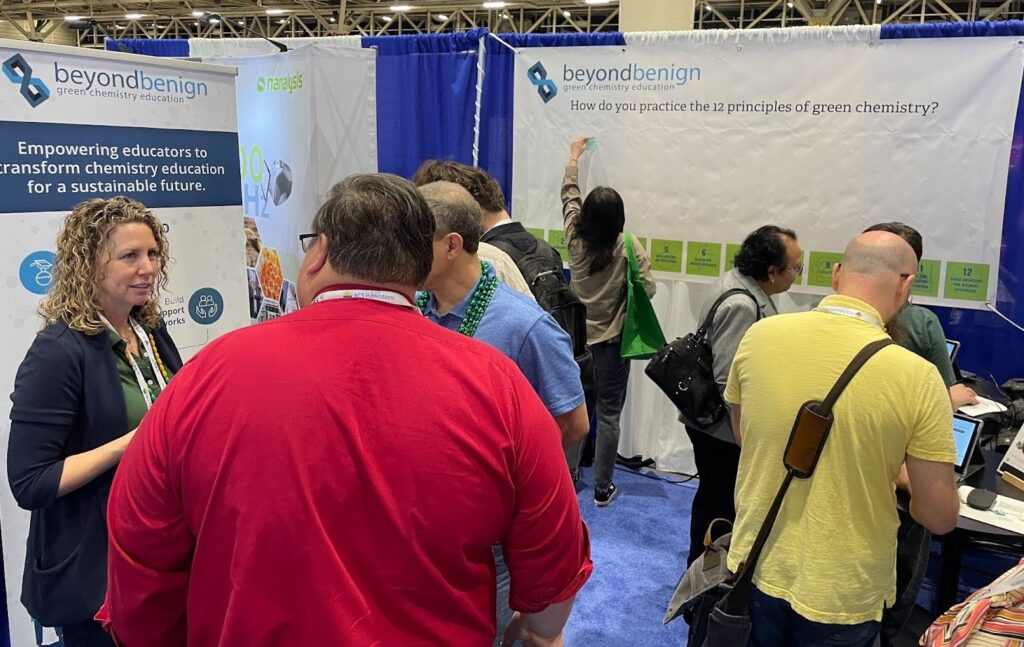
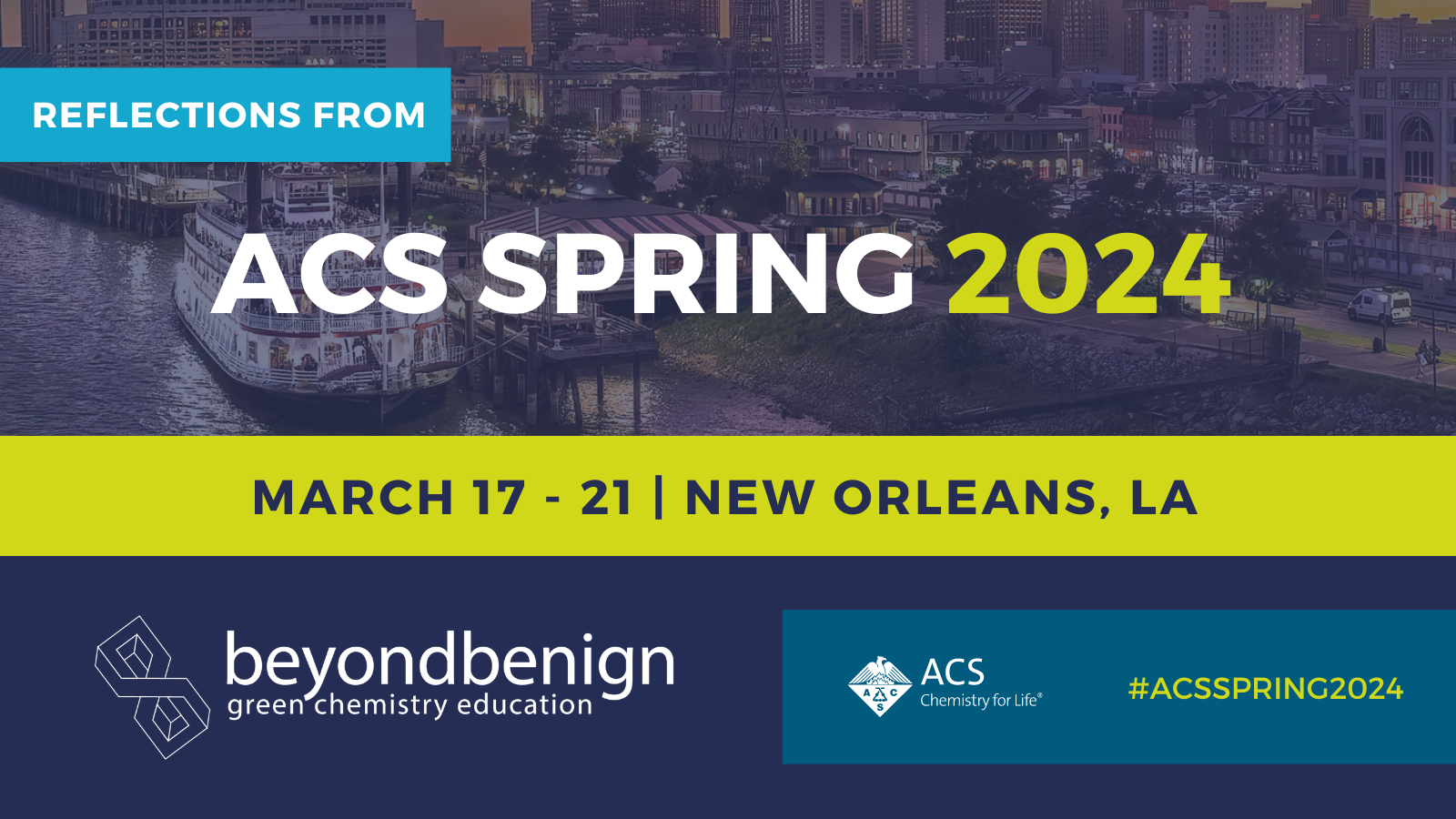
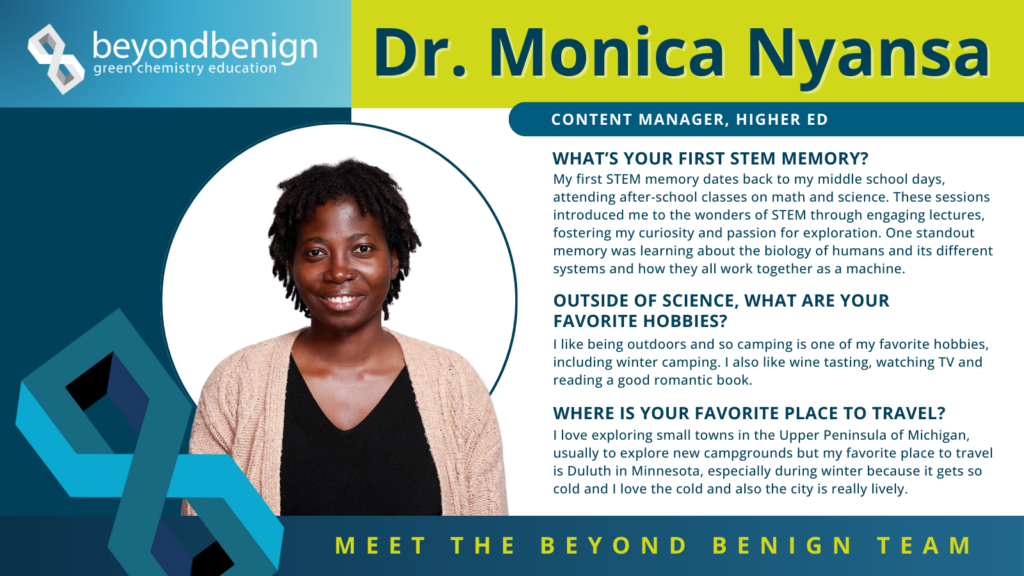

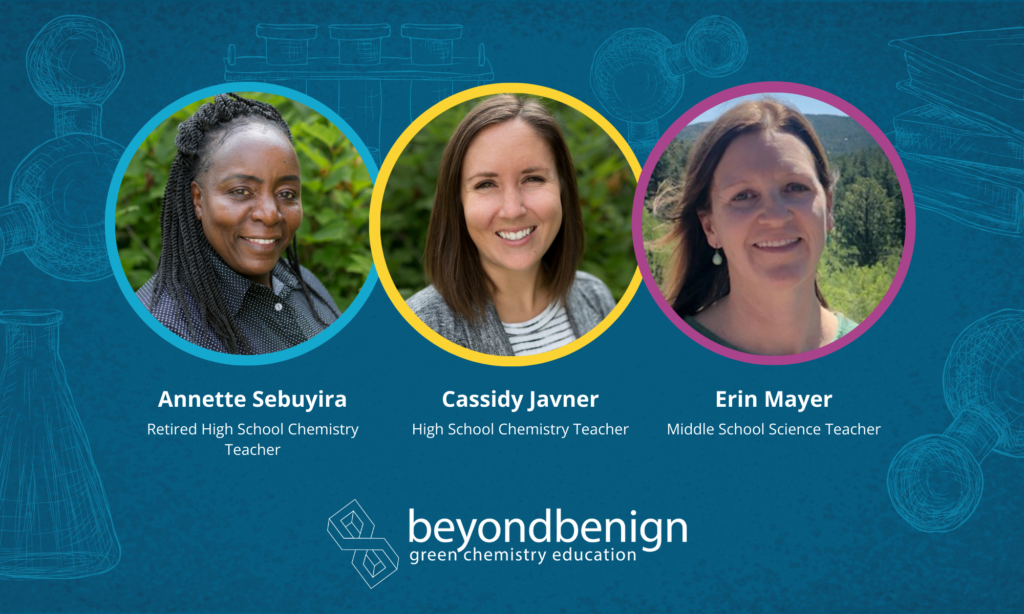
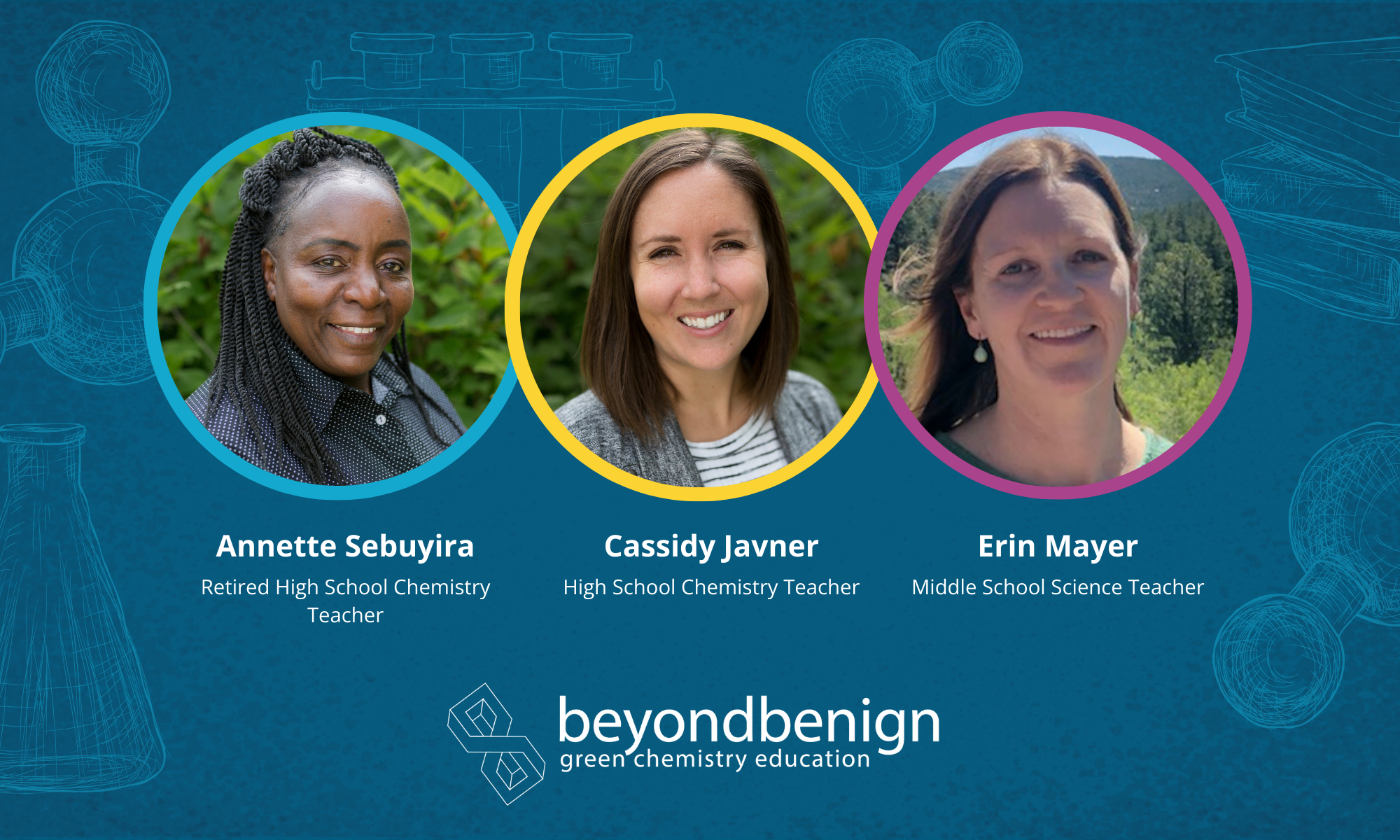

 Secondly, we are seeing the finance community prioritizing green and sustainable chemistry. Companies now face reputational risks if they do not prioritize green and sustainable chemistry practices as part of their business strategies. This shift in perspective is pressuring even major chemical companies to align with and prioritize sustainable chemistry practices.
Secondly, we are seeing the finance community prioritizing green and sustainable chemistry. Companies now face reputational risks if they do not prioritize green and sustainable chemistry practices as part of their business strategies. This shift in perspective is pressuring even major chemical companies to align with and prioritize sustainable chemistry practices. The updated
The updated  One approach for that is leveraging the ACS’s broad reach to inspire chemists about the broader application of their research. The GCI looks to showcase not only fundamental research but also its real-world applications in solving sustainability challenges. In the long term, we plan to engage the global community with campaigns that communicate the vital role of chemistry in addressing sustainability challenges.
One approach for that is leveraging the ACS’s broad reach to inspire chemists about the broader application of their research. The GCI looks to showcase not only fundamental research but also its real-world applications in solving sustainability challenges. In the long term, we plan to engage the global community with campaigns that communicate the vital role of chemistry in addressing sustainability challenges.
 Looking ahead, our vision involves creating a broader industry-academia nexus, a theme that will shape many GCI initiatives over the next few years. Based on my own experience in academic research, I see this as an area of tremendous potential. There are opportunities for the ACS to serve a critical role in integrating these two communities and sparking long-term connections, as opposed to just short-term collaborations.
Looking ahead, our vision involves creating a broader industry-academia nexus, a theme that will shape many GCI initiatives over the next few years. Based on my own experience in academic research, I see this as an area of tremendous potential. There are opportunities for the ACS to serve a critical role in integrating these two communities and sparking long-term connections, as opposed to just short-term collaborations. Addressing environmental justice requires a holistic approach, understanding the impacts of our trade at multiple levels. This involves considering historical and current implications, recognizing the real impacts of our actions, and exploring ways to improve. Embracing a systems thinking perspective is crucial, moving beyond silos and acknowledging broader impacts. We aim to weave these considerations into curriculum development and program approaches, with specific, detailed plans for engaging with various institutions. Our focus is on meaningful engagement, support, and elevation, aiming for a direction where chemistry is beneficial to all and not exclusive. While these plans are broad, they represent the beginning of our initiatives at Beyond Benign, with many more opportunities to explore.
Addressing environmental justice requires a holistic approach, understanding the impacts of our trade at multiple levels. This involves considering historical and current implications, recognizing the real impacts of our actions, and exploring ways to improve. Embracing a systems thinking perspective is crucial, moving beyond silos and acknowledging broader impacts. We aim to weave these considerations into curriculum development and program approaches, with specific, detailed plans for engaging with various institutions. Our focus is on meaningful engagement, support, and elevation, aiming for a direction where chemistry is beneficial to all and not exclusive. While these plans are broad, they represent the beginning of our initiatives at Beyond Benign, with many more opportunities to explore.

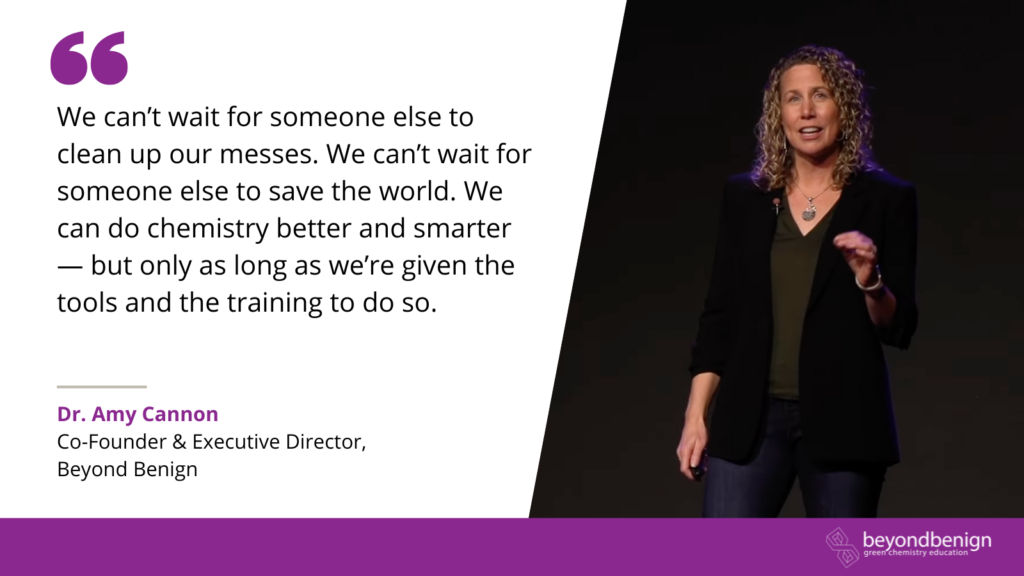
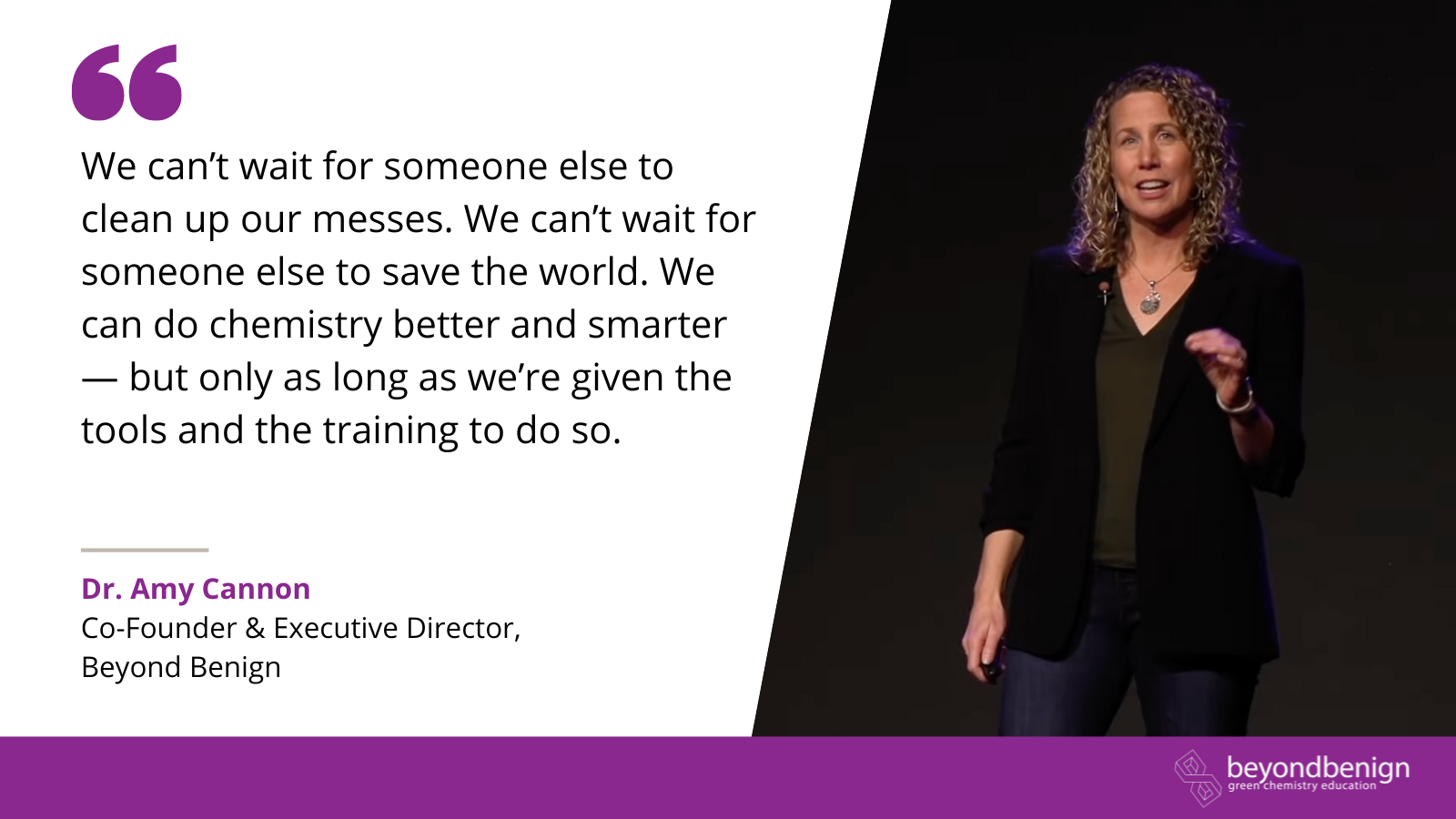
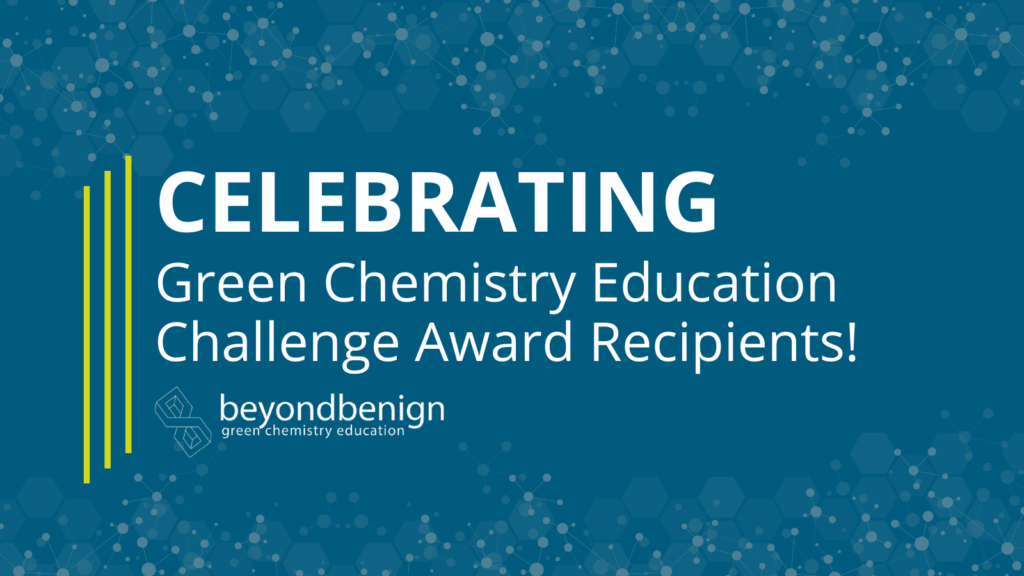

 Pontifical Catholic University of Puerto Rico
Pontifical Catholic University of Puerto Rico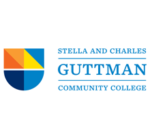
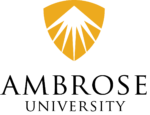 Ambrose University
Ambrose University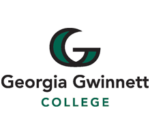 Georgia Gwinnett College
Georgia Gwinnett College McGill University
McGill University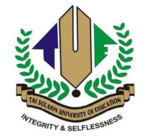 Tai Solarin University of Education
Tai Solarin University of Education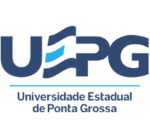 Universidade Estadual de Ponta Grossa
Universidade Estadual de Ponta Grossa University of Calgary
University of Calgary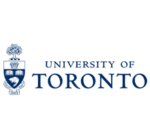 University of Toronto
University of Toronto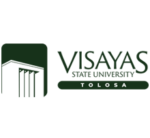 Visayas State University Tolosa
Visayas State University Tolosa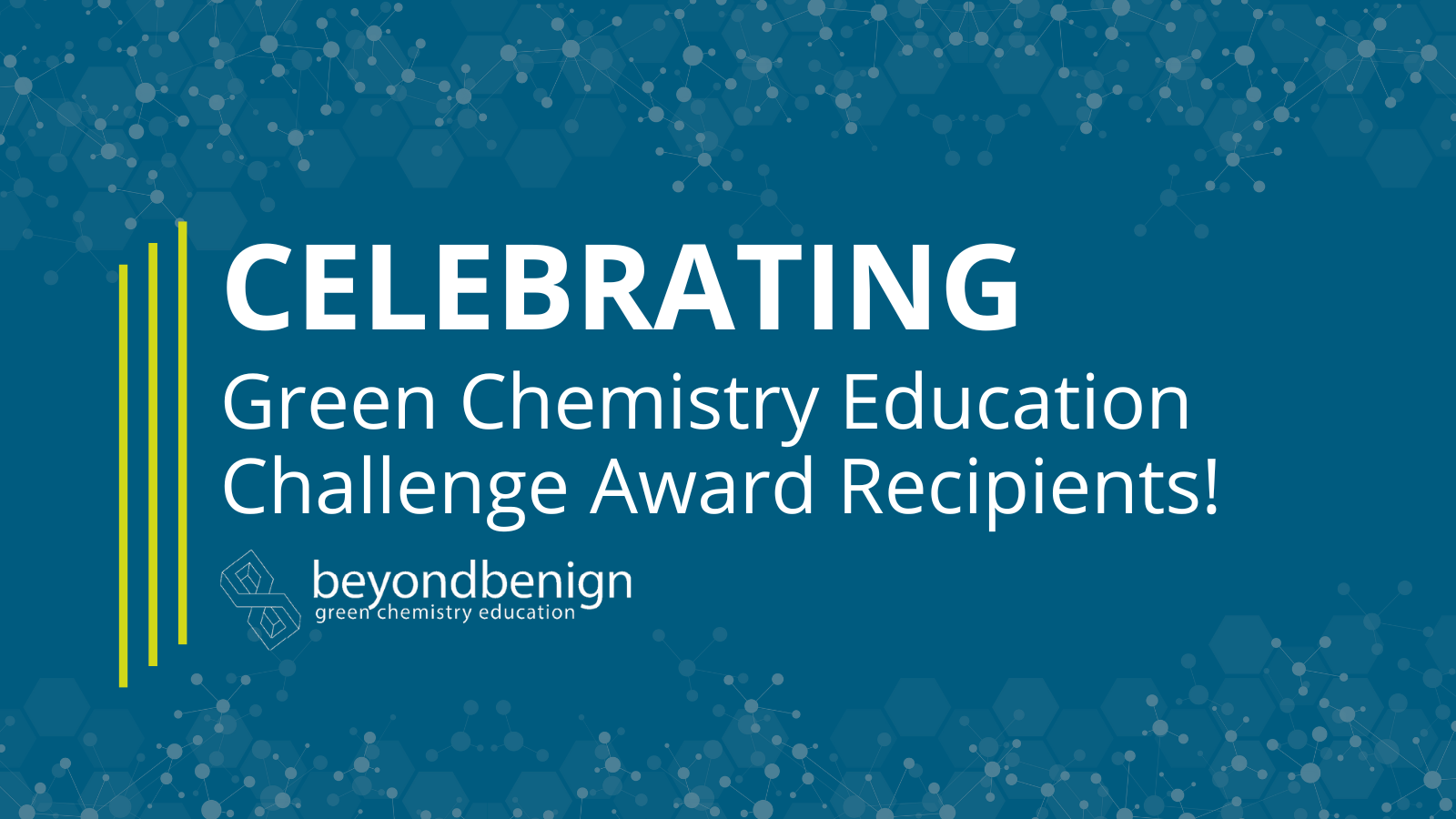
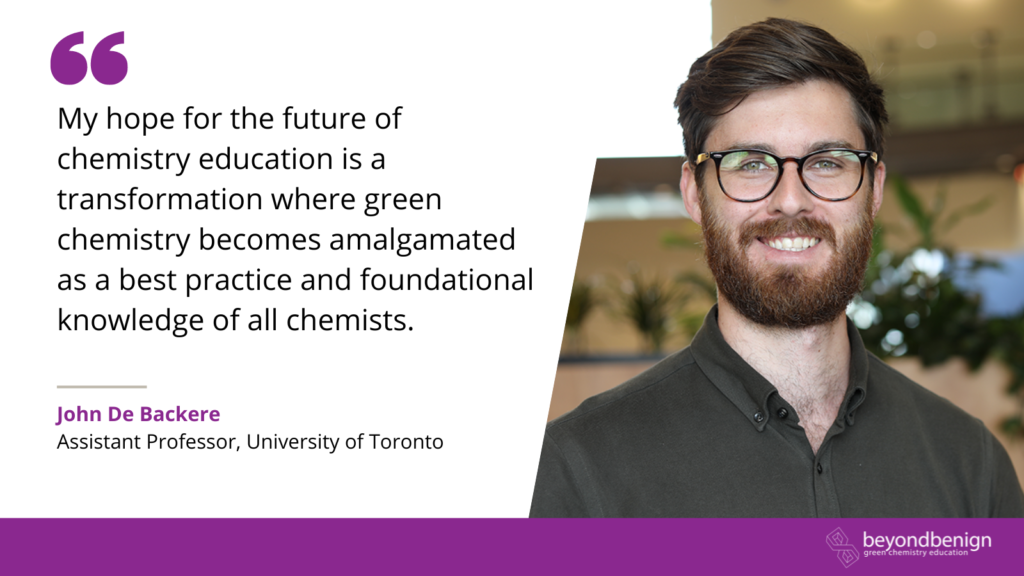
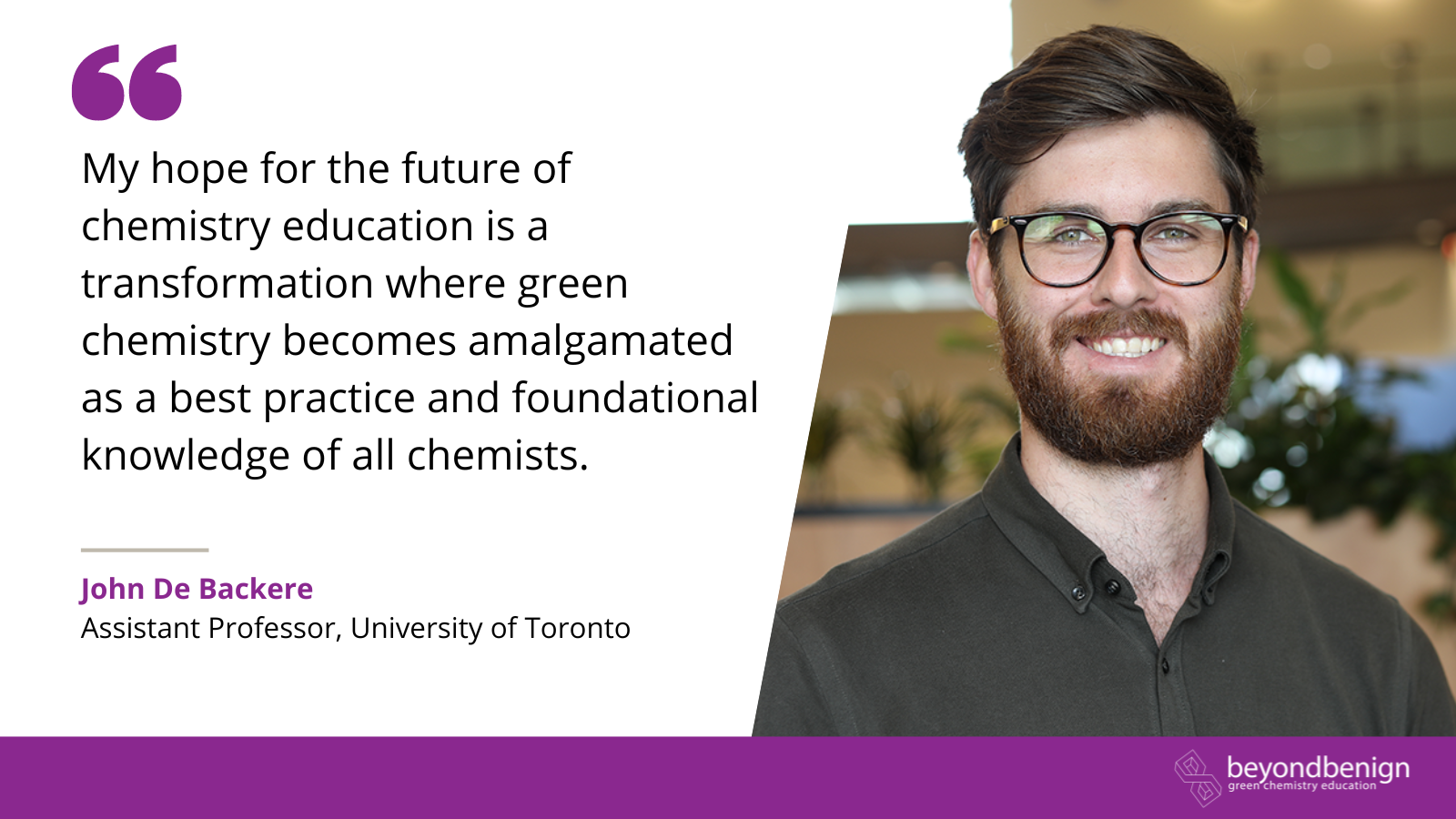
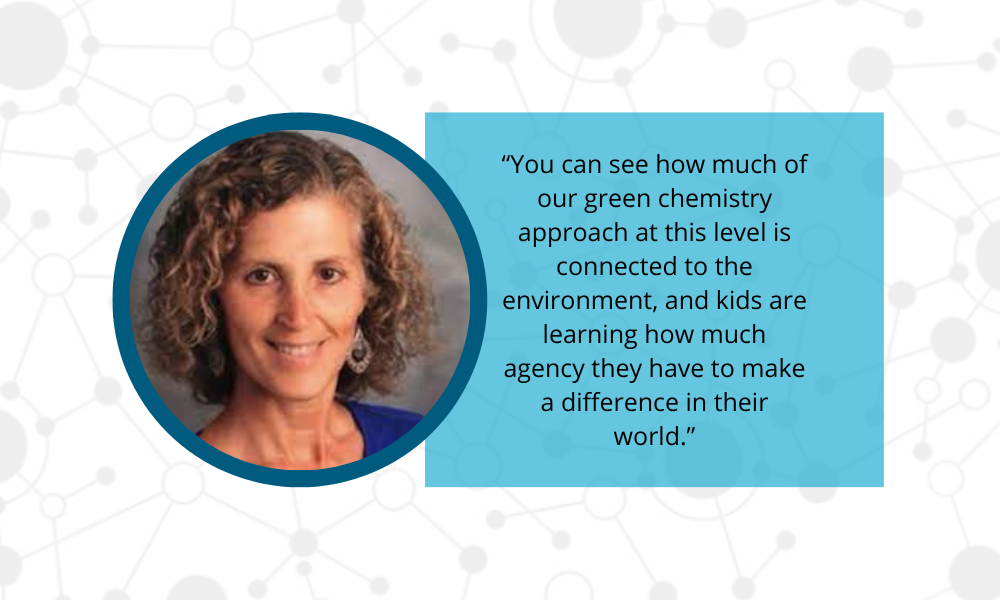 Veronica Morabito Weeks, a passionate fifth-grade educator with 28 years of teaching expertise in Long Island, New York, emphasizes that while green chemistry is commonly associated with environmental sciences in elementary classrooms, she has successfully integrated its principles across various subjects such as ELA, economics, civics, and even within discussions about food. “Being an elementary teacher, I don’t just do science. I do everything!” Veronica says. “I stick science in everywhere.”
Veronica Morabito Weeks, a passionate fifth-grade educator with 28 years of teaching expertise in Long Island, New York, emphasizes that while green chemistry is commonly associated with environmental sciences in elementary classrooms, she has successfully integrated its principles across various subjects such as ELA, economics, civics, and even within discussions about food. “Being an elementary teacher, I don’t just do science. I do everything!” Veronica says. “I stick science in everywhere.”